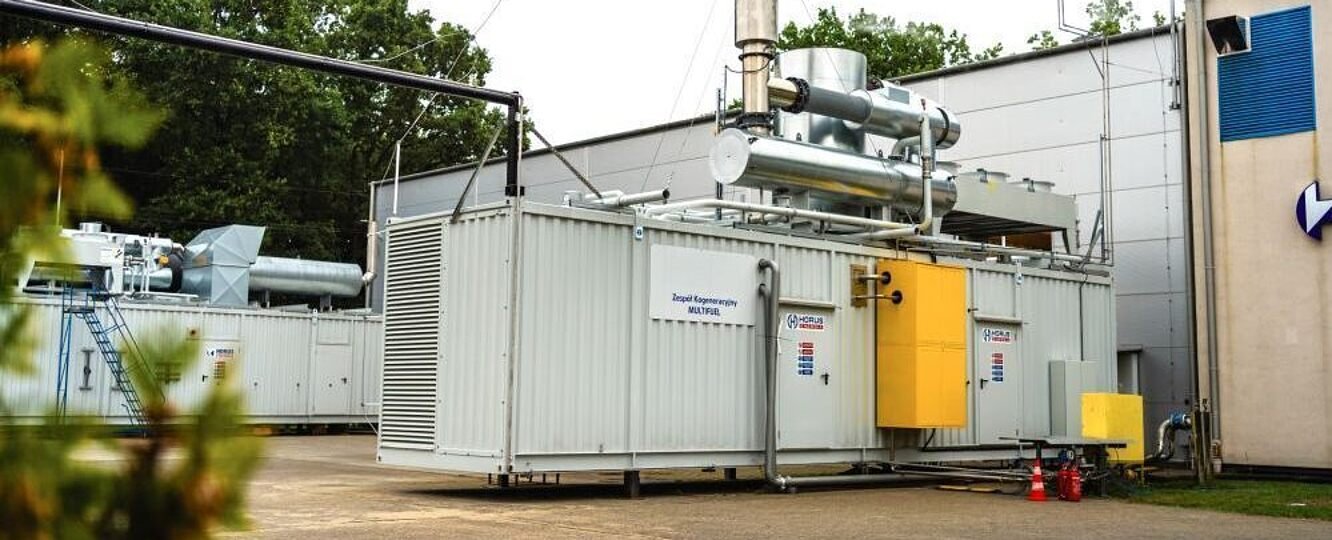Poland’s state-owned coal company JSW has initiated a $444 million tax refund request, underscoring the conflict between European climate goals and the ongoing reliance on fossil fuels. As part of the EU’s Green Deal, a coal phaseout is expected by 2030, yet JSW’s actions reveal the financial challenges faced by state-backed coal enterprises and the regulatory uncertainties that investors encounter in this evolving energy sector.
JSW’s demand for a refund is rooted in Poland’s solidarity levy, a 4% tax imposed on individuals earning over 1 million zlotys. The company contends that EU state aid regulations hinder its ability to obtain refunds associated with this levy, thus framing the dispute around national sovereignty concerning energy policy. Conversely, the EU perceives this refund as a form of potentially illegal state aid, given JSW’s role in the coal industry, which contradicts the bloc’s climate objectives.
The Polish government is firmly supporting JSW. Prime Minister Donald Tusk has rejected a ruling from Poland’s Constitutional Tribunal that deemed EU climate regulations incompatible with national sovereignty. This has resulted in a legal stalemate, while the incoming President Karol Nawrocki has pledged to maintain coal’s centrality in Poland’s energy strategy.
As of 2024, Poland relies on coal for 57% of its electricity, with renewable sources contributing only 29% of its energy generation. This dependency poses significant risks for coal investors, particularly in light of two main factors:
1. **Loss of Financial Support**: Should the EU deny JSW’s tax refund, the company’s financial stability could deteriorate, risking shutdowns or asset divestitures. Similar state-owned coal firms in other EU countries, such as Germany’s RWE and the Czech Republic’s CEZ, face parallel challenges as financial support diminishes.
2. **Stranded Assets**: Regardless of the outcome of JSW’s refund request, the impending coal phaseout by 2030 means that coal plants will likely depreciate in value before their closure. Historical data indicates a decline in coal’s share of EU energy production from 24% in 2010 to 14% in 2024, contrasted with an increase in renewables from 11% to 30% during the same period.
As the coal industry falters, renewable energy is witnessing robust growth. The EU’s Clean Industrial State Aid Framework (CISAF) prioritizes green initiatives, offering incentives for investments in wind, solar, and hydrogen technologies. Investors can identify promising areas for growth:
– **Offshore Wind**: Projects in Germany’s North Sea and the UK’s Dogger Bank are projected to yield returns of 10-15% by 2030. – **Solar Expansion in Southern Europe**: Spain and Portugal’s favorable climates and supportive policies could drive a 20-25% annual increase in installed solar capacity. – **Green Hydrogen Development**: Companies like Ørsted and Air Liquide are establishing facilities to meet the EU’s goal of 40GW of electrolyzer capacity by 2030.
For investors, the developments surrounding JSW serve as a warning. Those with coal investments should reconsider their strategies:
– **Reduce Fossil Fuel Holdings**: Divest from coal-heavy stocks such as Uniper and BHP, which face risks related to stranded assets. – **Invest in Renewables**: Direct capital toward ETFs focused on clean energy, such as the iShares Global Clean Energy ETF or leading companies like Vestas and NextEra. – **Monitor Regulatory Changes**: Stay informed about EU decisions regarding JSW’s tax refund and Poland’s compliance with EU state aid rules, as these could impact sector valuations.
The ongoing tax dispute involving JSW is more than just a financial issue; it represents a critical moment in Europe’s energy transition. As the EU tightens its climate regulations, coal companies reliant on subsidies are likely to struggle, while renewable energy sectors are poised for growth. Investors who overlook this shift may find themselves with outdated portfolios, as the transition to renewable energy becomes an imperative rather than an option.




